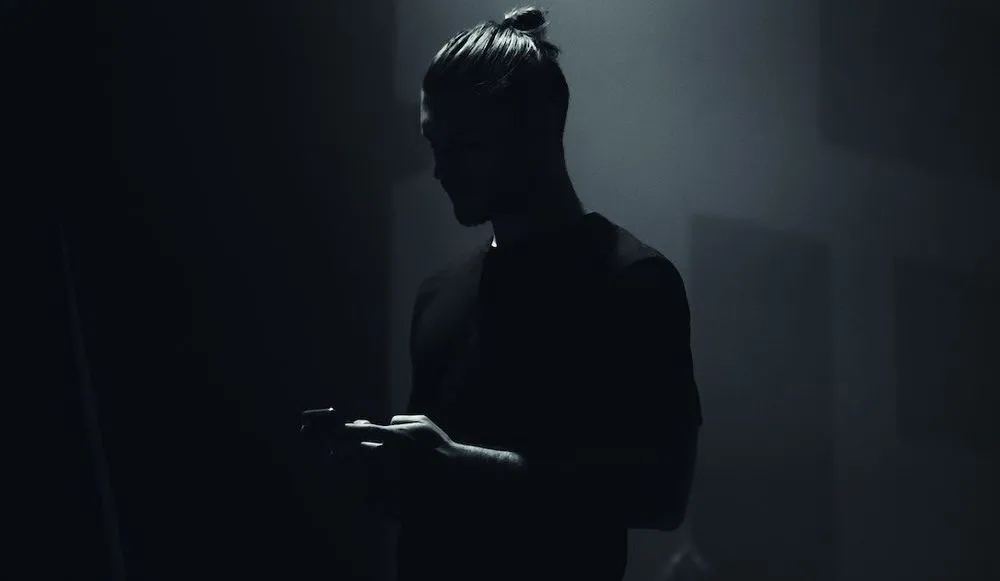More than 6,500 arrested since French and Dutch police’s EncroChat hack
Three years after a police operation to hack the EncroChat encrypted communications service widely used by criminals, more than 6,500 suspects have been arrested, law enforcement officials announced on Tuesday.
Representatives from the French and Dutch criminal justice systems gave an overview of the results of the EncroChat operation in a press conference in Lille marking the third anniversary of the operation.
They announced, based on “accumulated figures from all authorities involved” — although without identifying those authorities — that in the past three years:
- 6,558 suspects have been arrested
- Total includes 197 “High Value Targets”
- 7,134 years of imprisonment for convicted criminals
- €739.7 million in cash seized
- €154.1 million frozen in assets or bank accounts
- 30.5 million pills of chemical drugs seized
- 103.5 tons of cocaine seized
- 163.4 tons of cannabis seized
- 3.3 tons of heroin seized
- 971 vehicles seized
- 271 estates or homes seized
- 923 weapons seized
- 21,150 rounds of ammunition and 68 explosives seized
- 83 boats and 40 planes seized
- Around 100 assassinations prevented
EncroChat was a bespoke encrypted communications platform widely used by serious organized crime groups in Europe. Although its creators claimed it was developed for celebrities who needed additional privacy, law enforcement agencies argued that the vast majority of EncroChat’s customers were actually criminals.
For a subscription fee of around €1,000 per device, its customers were provided with modified mobile phones that were designed with physical privacy protections — their cameras and GPS functionality were physically removed — and contained a hidden feature offering a secret communications platform.
This platform was compromised in 2020 by cyber specialists in circumstances that still provoke controversy. Carole Etienne, a French prosecutor, told journalists on Tuesday that the nature of the “device” used to access the encrypted communications had been concealed on national security grounds.
The main controllers behind the EncroChat platform have not been publicly identified, although Dutch prosecutor Renske Mackor told journalists that three of four mid-level participants had been arrested in the Netherlands last year. The fourth is currently on the run and is being pursued by both French and Dutch investigators.
Europol, which was responsible alongside Eurojust for coordinating the operation, did not respond to a question regarding which countries the 6,558 suspects were arrested in.
In the United Kingdom alone, the National Crime Agency (NCA) as of last year stated that more than 2,800 people had been arrested based on intelligence obtained from the EncroChat hack.
Last month the NCA won a major legal challenge that had threatened to undermine these arrests by claiming the agency had obtained the incorrect warrant to access the material shared by the French and Dutch police, although the court was unable to come to a decision on a similar challenge.
The legal grounds for the operation, which was the first of its kind, have consistently been challenged by defendants, many of whom have been charged with acts involving the participation in serious organized crime, from drugs and arms trafficking through to murder and corruption.
During the press conference on Tuesday, the French and Dutch prosecutors defended the lawfulness of the operation and the forensic integrity of the data that it produced.
A large number of prosecutions and court cases based on the EncoChat intelligence are still ongoing in both the United Kingdom and across Europe.
Alexander Martin
is the UK Editor for Recorded Future News. He was previously a technology reporter for Sky News and a fellow at the European Cyber Conflict Research Initiative, now Virtual Routes. He can be reached securely using Signal on: AlexanderMartin.79



